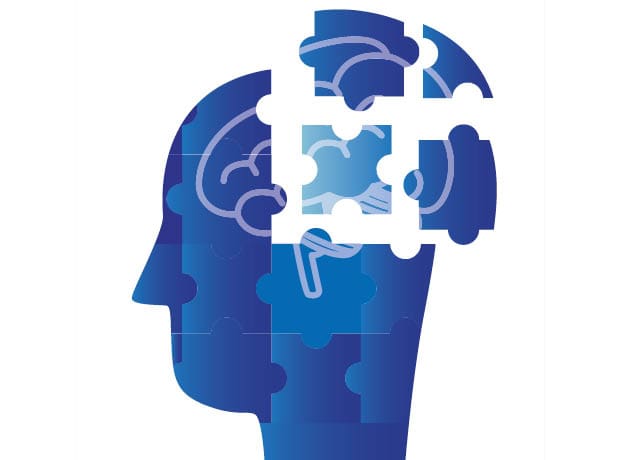A team of scientists and pharmaceutical collaborators have discovered a ‘bench to bedside’ drug design, which will hopefully improve the future treatment of Alzheimer’s disease.
The research was conducted at the University of Glasgow and the biotechnology company Sosei-Heptares Ltd, and was published in Cell. It details the process of designing a new molecule to selectively target a specific receptor protein in the brain and demonstrates the potential of this approach to create new drugs to improve cognitive function in patients with Alzheimer’s.
As it stands, there are no drugs that can stop or delay the progression of the disease. While there are drugs that can help recover memory loss and improve cognitive function in early onset dementia, these drugs are often not very effective and are associated with side effects that may limit their effectiveness in clinical practice.
The study was focused on new molecules, designed by Sosei Heptares, which selectively target a protein called the M1 muscarinic acetylcholine receptor in the brain. This is known to play a central role in memory and cognition.
Both research teams demonstrated that a selective modulator could be successfully designed using detailed knowledge of the M1 receptor’s 3D structure, despite it having close similarity to other types of muscarinic receptor. This approach is called structure-based drug design of SBDD.
The clinical studies showed that the M1-selective clinical candidate, HTL9936, led to greatly reduced side effects compared to many non-selective predecessors.
Andrew Tobin, Professor of Molecular Pharmacology and Director of the newly built Advanced Research Centre at the University of Glasgow said: “This is a true bench-to-bedside discovery, many years in the making, and we are thrilled that this hugely important and global collaboration with our partners at Sosei Heptares and others has resulted in a highly sophisticated drug design approach that offers huge potential to improve the treatment of Alzheimer’s Disease, by activating memory and cognitive centres within the brain.
“We are extremely encouraged by our findings so far and are very hopeful that this could lead to new treatment options for patients with this devastating disease.”










